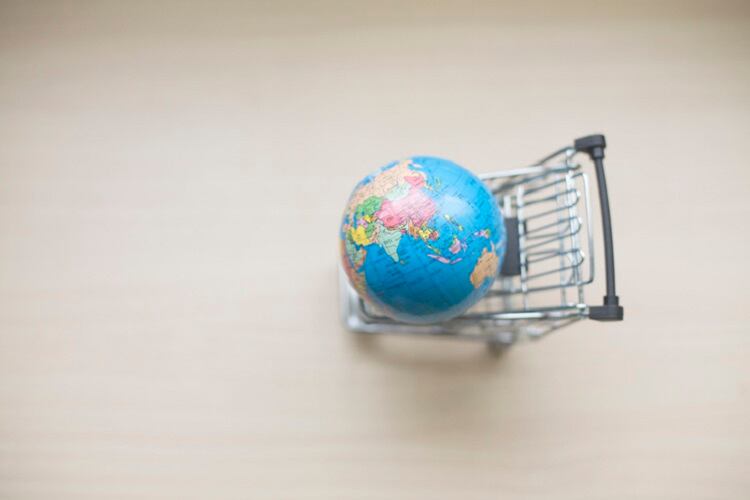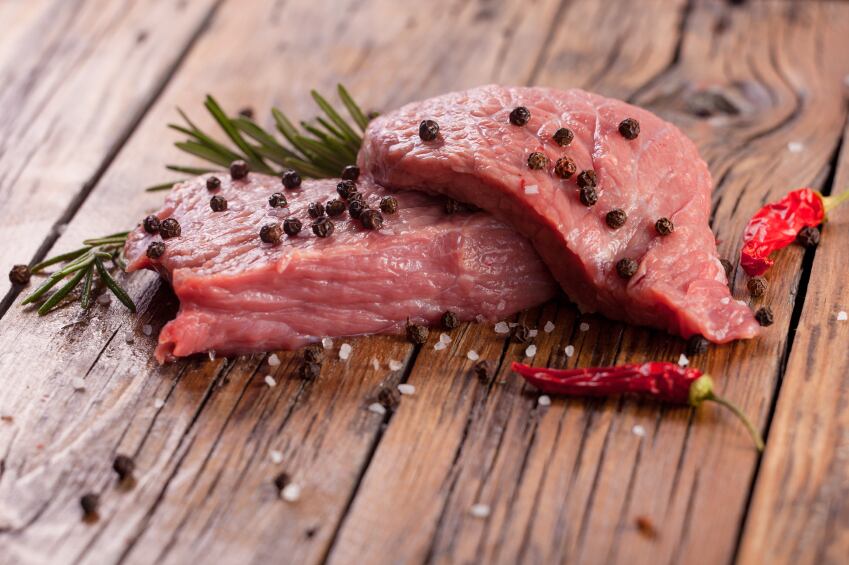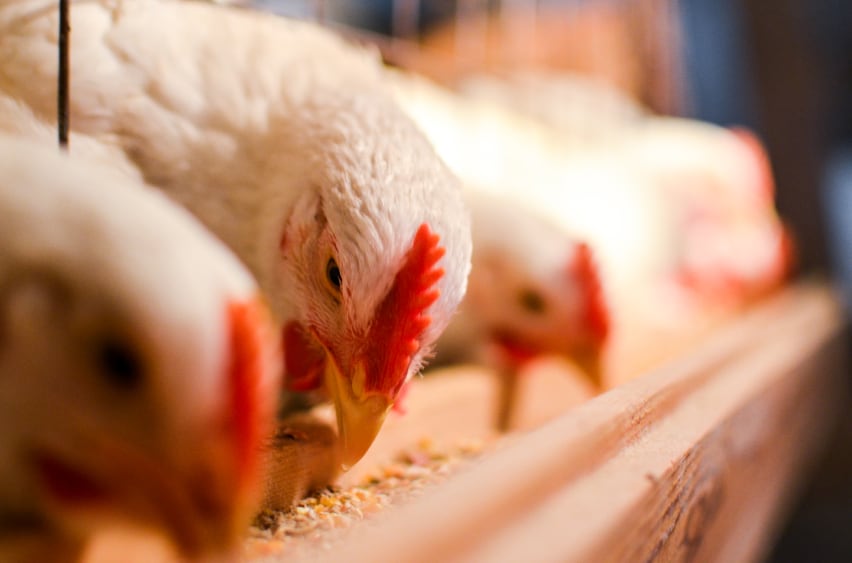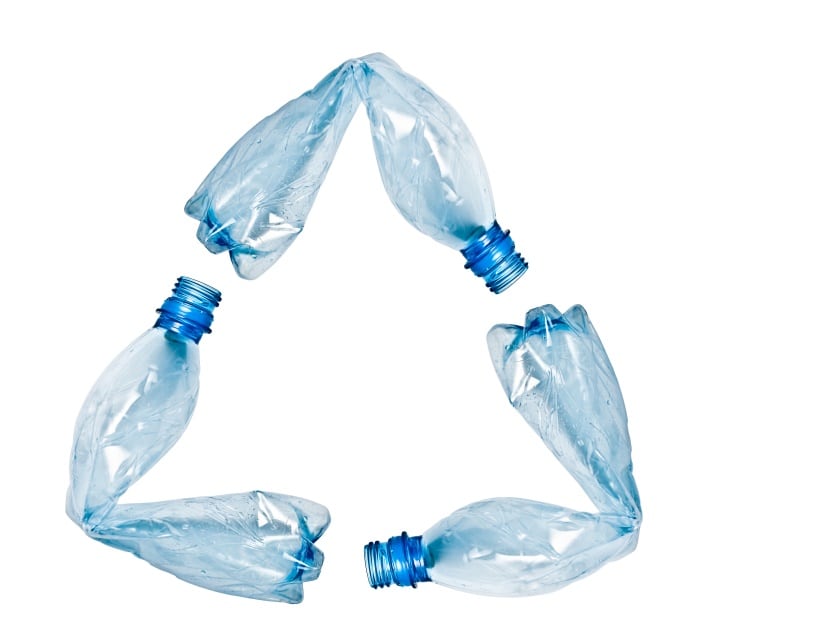Having monitored comments from more than 9,000 activist groups over the past 12 months, UK-headquartered consultancy Sigwatch has revealed the most praised and the most criticised brands for 2018.
Notably, food giant Unilever took out first place. Nestlé also scored within the top 10 most praised, which according to Sigwatch, relates to these firms’ stances on palm oil sustainability, animal welfare, and/or plastic packaging.

“Consumer-facing companies once again show themselves to be much more responsive to activists’ concerns than business-to-business firms, indicated that they feel their customers really do care about such issues,” said the consultancy’s managing director Robert Blood in a statement.
Unilever’s top ranking relates to its position on palm oil, sustainability and animal welfare. Last year, the food giant became the first consumer goods company to publicly disclose all the suppliers and mills it buys palm oil from. In addition, the company says its in-house policy on sustainable palm oil is based the Roundtable on Sustainable Palm Oil (RSPO)’s Principles & Criteria and New Planting Procedure.
“This is the second year in a row that the fast moving consumer goods (FMCG) giant has earned first place in the annual ranking of most praised corporates,” noted the consultancy.
Sustainability in retail
Supermarkets Aldi and Lidl were also commended among activist groups for their position on plastic packaging, animal welfare and sustainability, with Aldi ranking seventh. Lidl followed closely behind in eight position.
Aldi demonstrated its commitment to sustainable farming last year when it became the first UK grocery retailer to sign up to the ‘Arla UK 360’ programme founded by Dairy cooperative Arla Foods UK. The initiative aims to be a new standard in UK dairy farming, covering animal health and welfare, environment and natural resources, community engagement, people development, economic resilience and reinvestment.
Nestlé: Mixed opinions
Ranking in ninth place, Nestlé was highly praised by activist groups for its position on GMOs and animal welfare, said Sigwatch.
Nestlé voiced its commitment to animal health and welfare last year, when along with Unilever and five other companies, the Swiss food giant formed the Global Coalition for Animal Welfare (GCAW) to advance animal welfare standards throughout the global food supply chain.
Addressing packaging waste has also been on Nestlé’s agenda. In December last year, the firm created the Institute of Packaging Sciences in Lausanne, Switzerland, to focus on ‘the discovery and development of functional, safe and environmentally friendly packaging’.
However, NGO opinion is that the food giant can do more on issues such as single use plastics, which saw Nestlé come in fourth place on the ‘most criticised brands’ list.
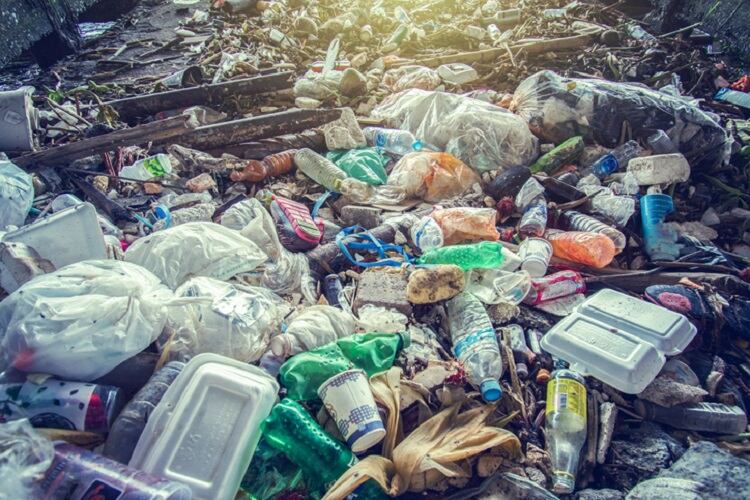
Other rankings of note include finance firms Allianz, AXA and Swiss Re, which were among the most praised. Energy firm Kinder Morgan is “NGO enemy number one” said Sigwatch, due to its oil sands pipelines in North America.
The consultancy also drew attention to Coca-Cola and Walmart, both listed among the ‘most criticised’: “Both have moved down the ranking since last year, and plastics pollution is part of the reason why, with NGOs disappointed that large brands are focusing on recycling rather than reduced use.”


